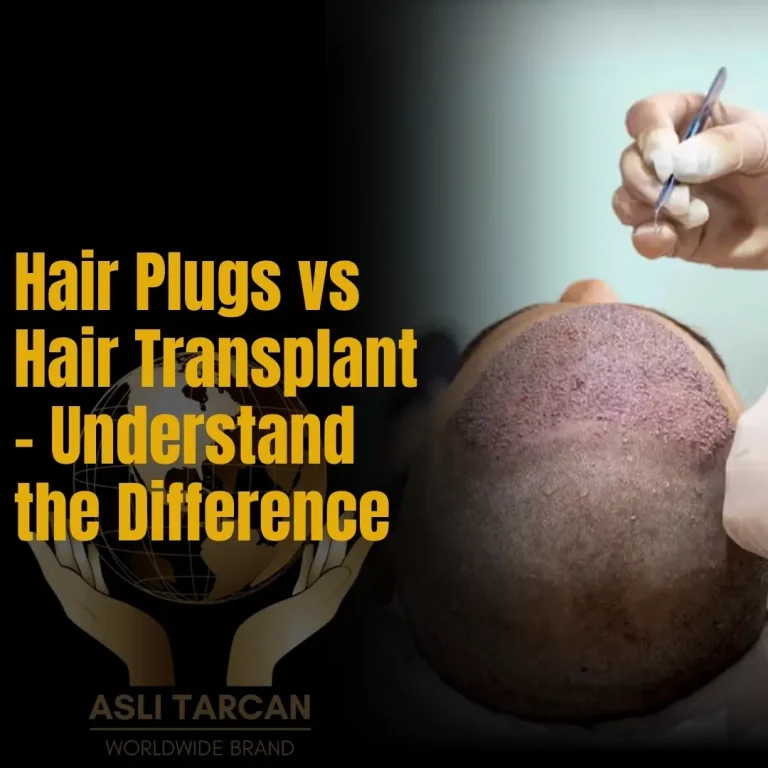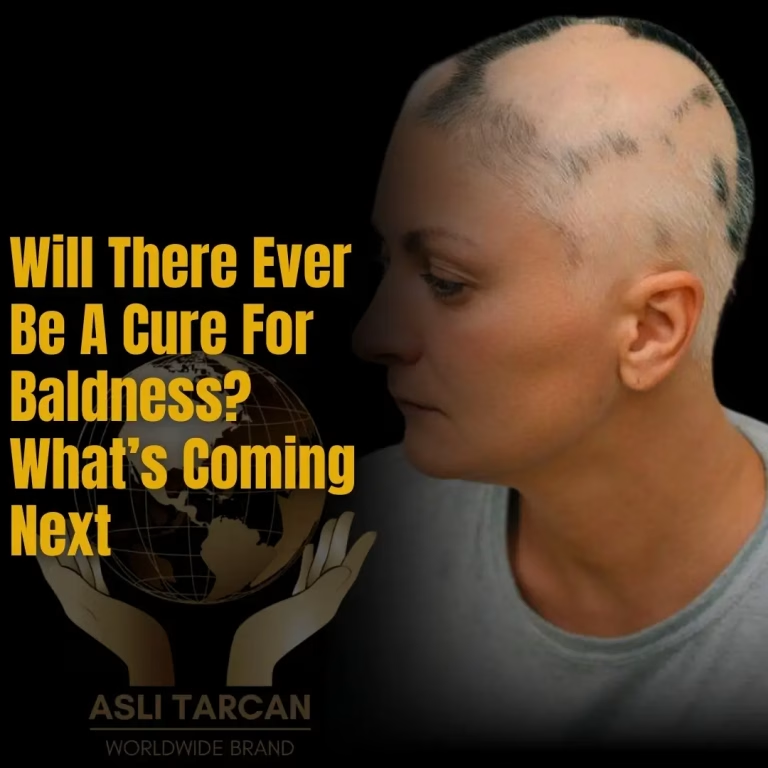Why Is Black Hair So Dry – Real Reasons Behind Afro Hair Dryness
If you’ve ever wondered why black hair tends to be so dry, you’re not alone. Many people with natural curls, especially those with coily or kinky hair, have experienced the frustration of dryness, frizz, and breakage. The truth is, there are several factors at play, some of which are natural and others related to how we care for our hair.
So, let’s break it down. First off, black hair is unique. Its structure, genetics, and the environment all play roles in how it responds to moisture. And understanding these factors can really help you care for your hair in a way that helps it thrive. Here’s what you need to know.

What Are The Main Factors Behind Black Hair Dryness?
Black hair, particularly Type 3 and 4 textures, tends to grow in tight curls or coils. And these curls are beautiful, complex, and pretty high-maintenance. The bends and twists in each strand make it harder for moisture (especially sebum, your scalp’s natural oil) to travel all the way down from root to tip. That’s part of why your scalp might feel oily while your ends are dry and brittle. The oil just doesn’t make the journey.
Add to that: the curlier the strand, the more fragile it tends to be. Each bend creates tension, which weakens the structure. This doesn’t mean the hair is “bad”, it just means it needs a bit more intention when it comes to hydration and care.
Natural Oils & Black Hair
You might’ve heard that Black hair produces more oil than straight hair. Weirdly, that’s true. But it’s also sort of useless unless that oil moves, and it doesn’t. The coily structure acts like a maze, slowing or even blocking the oil from reaching the parts of your hair that need it most.
The result? Dryness, especially at the ends. And if you’re in a cold or dry climate? That moisture imbalance only gets worse.
Hair Porosity & Moisture Retention
Porosity is one of those things that sounds technical but really just describes how well your hair absorbs and holds onto water. High-porosity hair soaks up moisture fast, but it also loses it just as quickly, like a sponge that dries in five minutes. Low-porosity hair resists water altogether. Both types require different strategies.
You can test your porosity with a simple water cup test, but to be honest, it’s also something you learn over time by noticing how your hair reacts to products and humidity.
The Genetic & Evolutionary Perspective
Black hair texture is inherited — that much is obvious. But it’s also adapted. This tight, coiled pattern evolved to protect the scalp from intense sunlight and heat in African environments. It holds in warmth and resists UV exposure.
That’s brilliant from an evolutionary standpoint, but not so helpful if you live in London or Detroit and your hair is up against central heating, frigid air, or low humidity.
Hair vs Modern Environments
Black hair was made for humidity. Most of us don’t live in that kind of climate anymore. Dry air, cold winters, and air-conditioned buildings suck the moisture out of your hair before you even leave the house. It’s like the environment is working against your texture, and in a way, it kind of is.
A humidifier might sound like an over-the-top hair tool, but for a lot of people with curly or kinky hair, it’s one of the most underrated solutions out there.
Heat Styling and Chemical Treatments
Chemical relaxers are notorious for stripping hair of its natural oils and breaking down essential fatty acids in the cuticle layer. Add heat styling to the mix (especially without protectant), and you’ve got a recipe for chronic dryness, thinning, and breakage.
We’re not saying “never straighten your hair.” But if you do, be strategic. Low heat. Less often. Always protect it.
See Also: Hair Feels Like Straw
Harmful Hair Products and Over-Washing
You’ve probably seen the word “sulfate-free” everywhere by now, and with good reason. Sulfates and alcohols in shampoos can be way too harsh for textured hair. Combine that with washing your hair too frequently, and you end up stripping away what little moisture your hair’s been hanging on to.
Gentler products and stretching out your wash days (along with co-washing in between) can make a huge difference.
Friction, Fabric, and Mechanical Stress
It’s not just about what you put in your hair. What your hair rubs against, like cotton pillowcases, winter scarves, and even towels, can create enough friction to rough up your hair cuticle and leave it vulnerable to dryness and breakage.
Switching to satin or silk pillowcases and using microfiber towels (or even an old T-shirt) to dry your hair might seem minor, but it adds up.
See Also: Is Salt Water Good For Your Hair
How to Stop Black Hair From Being So Dry
Build a Moisture-Retention Routine That Works
At the heart of it all is a good routine. Not necessarily complicated, just consistent. That often means:
- Starting with a water-based leave-in conditioner
- Following with a cream or moisturizer
- Sealing it all in with an oil or butter (this is the LCO method, which tends to work better for tightly coiled textures)
The key is layering. Water evaporates. Oil alone doesn’t moisturize. But together? That’s moisture locked in.
Use the Right Products
Natural doesn’t always mean nourishing. Plenty of “clean” products still contain drying alcohols or low-quality oils. Look for ingredients like:
- Aloe vera
- Glycerin
- Shea butter
- Coconut, jojoba, or castor oil
Skip sulfates, mineral oil, and heavy silicones unless you plan to clarify regularly.
See Also: Caffeine Side Effects
Protective Styling & Low-Manipulation Habits
Protective styles aren’t just cute — they’re practical. Braids, twists, and buns help reduce moisture loss by shielding your ends from the environment and from your hands (which, let’s be real, do a lot of tugging and playing).
Bonus: styles like these also reduce breakage, which is often mistaken for “my hair just doesn’t grow.” It does. It just needs less interference.
Humidity and Internal Hydration
If your air is dry, your hair will be too. A small humidifier can make a massive difference overnight. And while we’re here, drink more water. Seriously. Internal hydration reflects in your skin and scalp. Try half your body weight in ounces. Not a magic fix, but it helps.
How to Restore Moisture to Already Dry Black Hair
Deep Conditioning the Right Way:
- Use deep conditioners or hair masks, not just quick rinse-out conditioners.
- Look for products with humectants, emollients, and proteins to help repair and rehydrate.
- Apply deep conditioners 1-2 times a week for best results.
- Add heat (hooded dryer or warm towel wrap) to help the product penetrate deeper.
Hot Oil Treatments That Actually Work:
- Apply warm oils (e.g., coconut, olive, or jojoba oil) to damp hair to soften, nourish, and seal moisture.
- Avoid overdoing it — too much oil without proper hydration underneath can cause buildup and attract dust.
Clarify Without Stripping:
- If hair feels heavy or weighed down, product buildup might be the issue.
- Use a clarifying shampoo to reset your hair, but follow up with a deep moisturizing treatment to prevent further dryness.
Common Mistakes That Keep Black Hair Dry
- Washing too often
- Skipping deep conditioning
- Using oils without water-based moisturizers
- Sleeping on cotton
- Not drinking enough water
- Believing your hair is “just naturally dry”

This article is medically reviewed by Medical Aesthetic Dr. Ali Khalil (PHD)
See Our Doctors & Surgeons
Frequently Asked Questions
What Race Has the Thickest Hair?
East Asians, particularly Chinese, Japanese, and Korean people, have the thickest hair strands, typically ranging from 80-120 micrometers (µm). Their hair’s thickness is influenced by the EDAR gene variant, which promotes larger hair diameters. African hair has a diameter of 60-90 µm, while Caucasian hair generally ranges from 60-80 µm, making it the thinnest of the three.
Why Is 4C Hair Always Dry?
4C hair, with its tight curl pattern, has difficulty distributing natural oils from the scalp to the entire hair shaft. This makes it prone to dryness. Additionally, its high porosity means it absorbs moisture quickly but loses it just as fast. The small surface area of 4C hair further exacerbates its inability to retain moisture, requiring regular deep conditioning and hydrating products.
Why Is Black Hair Hard to Maintain?
Black hair, especially natural or textured types, is more fragile due to its tight curl pattern, which prevents natural oil distribution and makes it prone to dryness and breakage. Environmental factors, tight styling, and chemical treatments further complicate its maintenance. Additionally, societal pressures and misconceptions about black hair care can add emotional labor, making proper maintenance more challenging.
Should Black Hair Be Washed Every Day?
Washing black hair daily is not recommended, as it can strip the hair of its natural oils, causing dryness and breakage. Experts suggest washing black hair once a week or every two weeks. For those with an active lifestyle, washing every 5-7 days may be necessary, but daily washing should be avoided to prevent over-drying. Co-washing with conditioner can be an alternative for more frequent washes.
Which Food Is Best for Black Hair?
While no single food can work miracles, a balanced diet with essential nutrients like protein, iron, zinc, vitamins A, C, D, E, B vitamins, and omega-3 fatty acids is crucial for promoting healthy hair. Foods like eggs, spinach, fatty fish (salmon, mackerel), sweet potatoes, avocados, nuts, seeds, oysters, and beans are particularly beneficial for supporting hair growth and combating issues like dryness and breakage.






